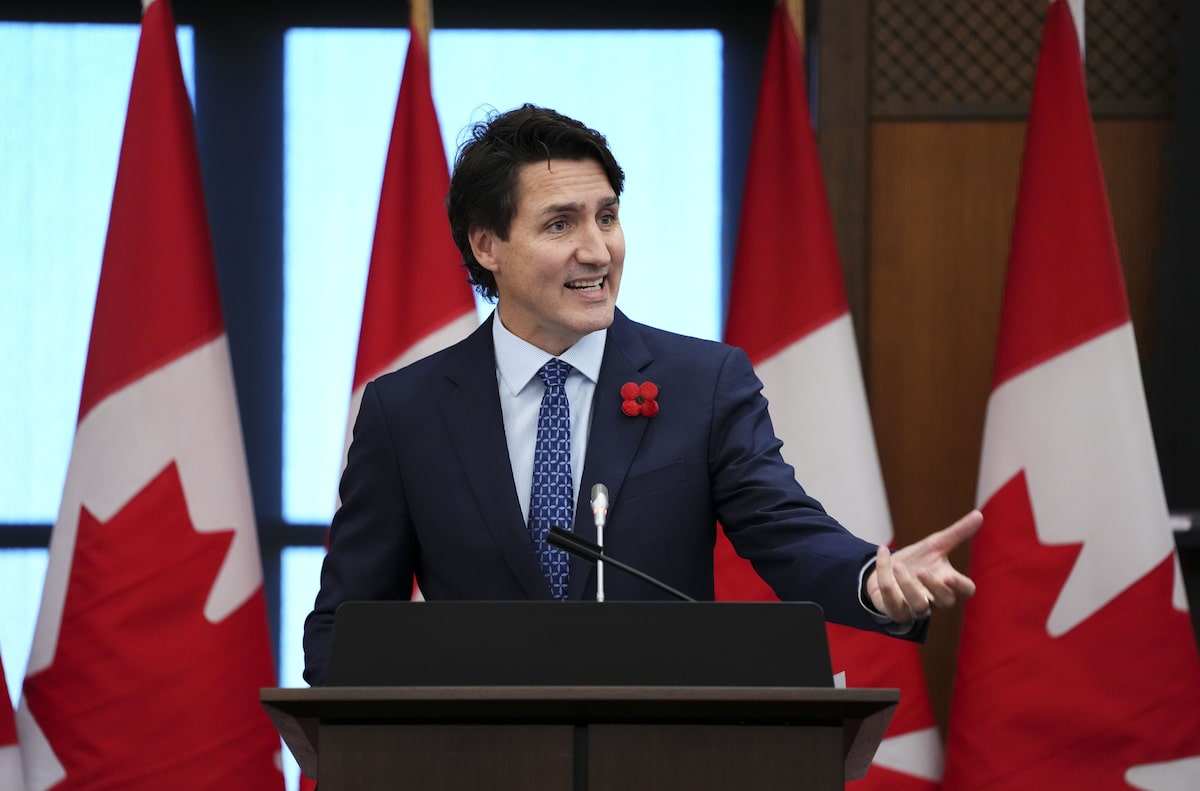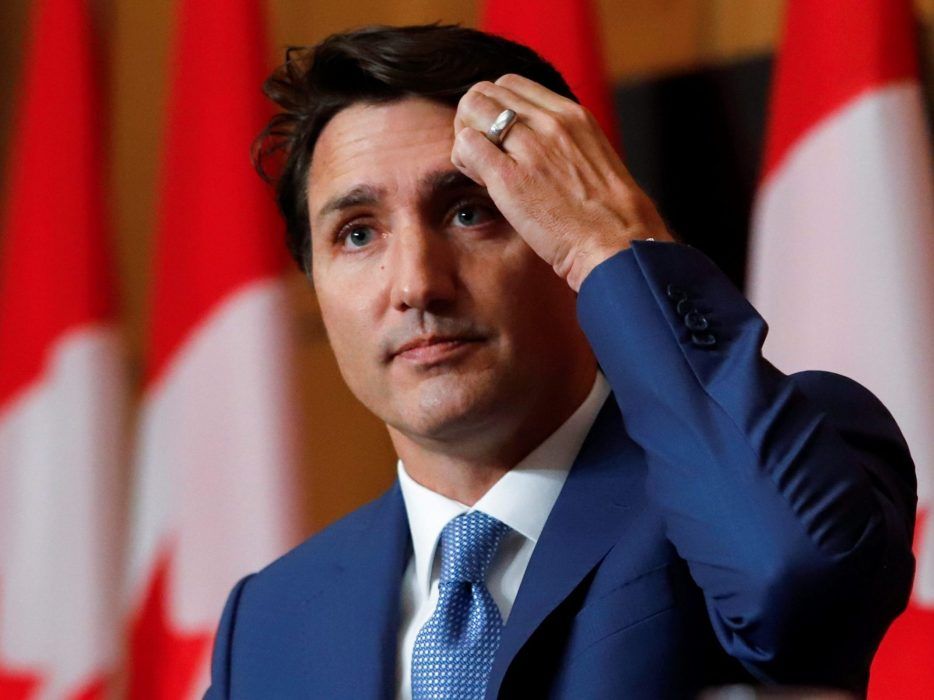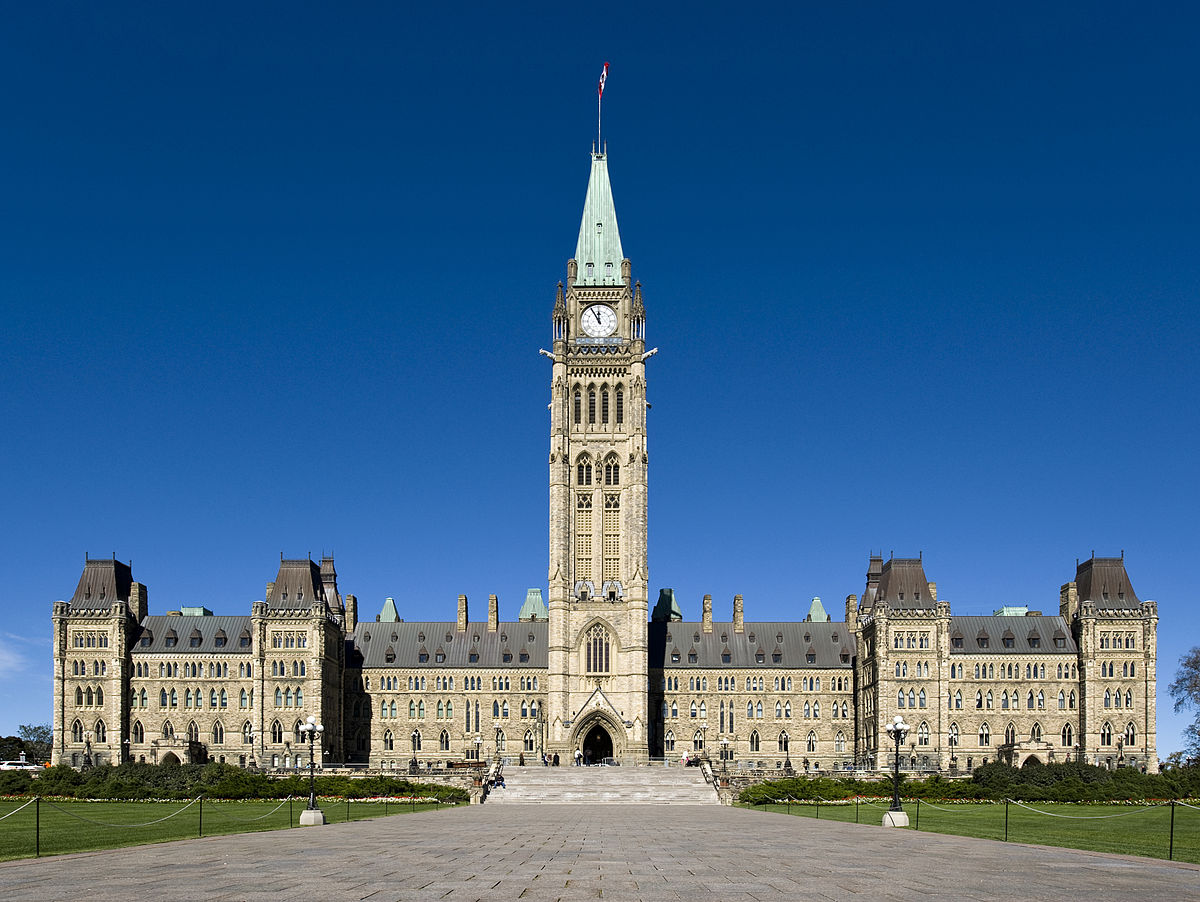I’m going to post this in it’s entirety just for those that aren’t able to get around a pay wall for the link. The issue is that it has more than 10,000 characters so it doesn’t allow this to happen though so I will have to edit it somewhat:
It was such a lovely idea, the internet. A borderless, bodiless refuge for free expression, beyond the censor’s reach; a place of infinite capacity and zero cost, where anyone who wanted to express themselves could, in whatever medium, at whatever scale; where a book or a song or a film could be distributed with equal ease, to one person or billions; where artists had the world for an audience, and audiences could choose from among all the world’s creators. Who wouldn’t want such a thing?
Edited out a chunk, still found at the link below though….
….So it seemed possible to hope that, with the intercession of the last election, the government might have taken the chance to rethink them. Alas that has not proved to be the case. All three are back, and while the government claims to have made modifications here and there, they are in every essential respect unchanged. Each on its own would represent a breathtaking regulatory grab, an unprecedented expansion of the state’s role as arbiter of what Canadians might see or say online. Taken together, they amount to a vast overreach, at great potential harm to free expression and a healthy media environment.
The attempt to apply Cancon rules to audio and visual content on the internet is contained in Bill C-11, the successor to the last Parliament’s Bill C-10. Much of the controversy surrounding that bill focused on the relatively narrow question of whether it would apply to user-generated content – that is, to the audio and video clips that users share on social-media sites. Critics had ample reason to fear this, after a clause exempting such content was removed in committee. And while the government claims to have restored the exception in the current bill, the bill contains, as communications law professor Michael Geist notes, an exception to the exception: User-generated content is not subject to regulation, unless the CRTC decides it is.
That’s the Canadian Radio-television and Telecommunications Commission, now in its 54th year of regulating everything that moves on Canadian “radio-television,” which the bill would assign wide latitude to regulate, well, the internet: not only the big audio and visual streaming services like Spotify or Netflix, but any number of other services, from podcasts to audiobooks to news channels, and not only those based in Canada but anywhere in the world. This is surely the far greater concern. Whether the users of these services are subject to regulation in their capacity as content posters – and so far as the services are compelled to give greater prominence to certain content, its users can hardly be unaffected – they are certainly subject to it as consumers.
The bill would preserve all of what is most nonsensical about Cancon – notably, the impossibility of defining it with any consistency – with none of what might once have justified it. In the pre-internet, pre-satellite, pre-cable world, where there were only a few radio or television stations, all of them broadcasting over the air, and financing their activities through the sale of advertising, there was a role for regulation. Advertisers wanted the largest possible audience, and the largest audience might not be interested in certain types of content, including Canadian content.
But when users can pay directly for content, that no longer applies: Every type of taste can be supplied, as it is in most other markets. And when the potential audience for a program is no longer confined by national boundaries, then arguments that foreign producers enjoy an insuperable advantage in the Canadian market because of economies of scale also fall to the ground: The world is our market, as much as it is theirs.
If Canadians want to watch Canadian content, in short, there is nothing stopping them, and no need for special measures to require/encourage them to do so. The notion, in particular, that Canadians need government assistance to “discover” Canadian content online is frankly bizarre. How hard is it to type “Canada” in the search bar?
If C-11 is superfluous, unworkable and probably illegal under international trade law, Bill C-18, the Online News Act, is simply bananas. The premise, that the problems of the newspaper industry can be traced to search and social-media platforms like Google or Facebook “stealing” their content, is utterly false. The platforms don’t take our content. They link to it: a headline, sometimes a short snippet of text, nothing more. When users click on the links, they are taken to our sites, where they read our content. Much of the traffic on our sites, in fact, comes from social-media links, which is why we go to such lengths to encourage readers to post them – indeed, we post such links ourselves, hundreds of times a day.
So the notion that FaceGoogle should be made to pay us for the valuable service they provide us for free has things exactlybackward: If anything, we should be paying them. The bill professes merely to provide for negotiations on the issue, but who’s kidding whom: Not only does it allow the entire industry to bargain collectively, as if it were a union, but, in the event the two sides cannot come to an agreement, provides for a settlement to be imposed. By whom? By the CRTC! As if it were not busy enough regulating the global internet, the CRTC would also be responsible for nursing the news business back to health. Are we to imagine it would be an impartial arbiter?
This elaborate sham is intended to apply a veneer of due process to what is in fact nothing more than a crude revenue grab. The actual rationale for forcing Facebook and Google to underwrite the Canadian newspaper industry is very simple. It is the same as the one for forcing Netflix to underwrite the Canadian film industry, as in Bill C-11: because that’s where the money is.
FaceGoogle didn’t take anything from the newspaper industry. They simply offered advertisers a better product. Rather than adapt and improve, however, the industry cried to government, first for direct subsidy (an awful idea, on which I’ve written on other occasions), now for indirect subsidy, to be extracted from their competitors. The implications in either case – for press independence, for fair competition, for the future of an industry whose willingness to save itself can only be impaired by the availability of government help – are the same.
The online harms bill, still in development, at least stems from a valid underlying concern. The harms social media have enabled or made worse, from disinformation, to invasion of privacy, to child pornography and beyond, are real and well documented. But it’s far from clear that new legislation is required to address them. The legitimate exceptions to freedom of speech – fraud, libel, incitement to violence etc. – are already covered under existing law.
No doubt social media raises new issues, and may require new remedies. But in this case the remedy – direct state regulation of content – promises to be worse than the disease.
Indeed, as first drafted, the bill would have gone even further. Not only would it have made online speech once again subject to complaints to the Canadian Human Rights Commission – a provision rightly abolished a decade ago – and not only would it have provided for the deletion of the offending material from the internet, but it would have allowed material to be suppressed even before it appeared.
As an accompanying briefing paper explained, anyone who “reasonably fears they could be a target” of “hate propaganda” could apply to a judge for a “peace bond” to prevent its publication. Yes, the Attorney-General of the province in question would have to endorse the request, and yes, the judge would have to agree, but still: gag orders? For material that has not been shown to be hateful, indeed may not even exist?
Perhaps that particular provision will not survive the current round of consultations. But as with the other bills, it isn’t the most extreme provisions of the bill that mark it as bad law. The whole thing is extreme.
Add them all together, and the picture that emerges is a bleak one, for free expression and the independence of the media. Far from the free and open internet we were promised, the government would be everywhere online, involved in everything, directing everyone – subsidies and regulations; applied to platforms, providers and users; with regard to video, audio and text; backed by both criminal and civil law sanctions.
Worse, this whole illiberal enterprise, however controversial it may have been the first time around, has gone almost unnoticed on its return. There’s a war on. The Liberals and the NDP signed an agreement. The Conservatives have embarked on a leadership race. Is anyone going to mount any serious opposition to this – will the Conservatives commit to repeal the lot if they are elected – or will it all slide through while we are distracted by other things?
A trio of federal bills add up to an unprecedented expansion of the state’s role as arbiter of what Canadians might see or say online

www.theglobeandmail.com



